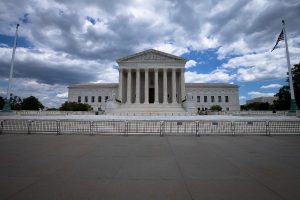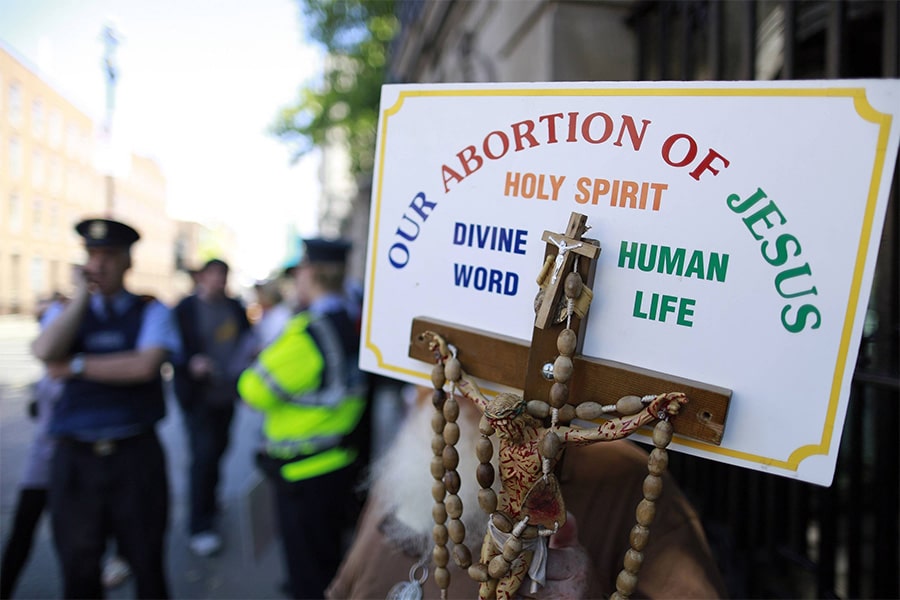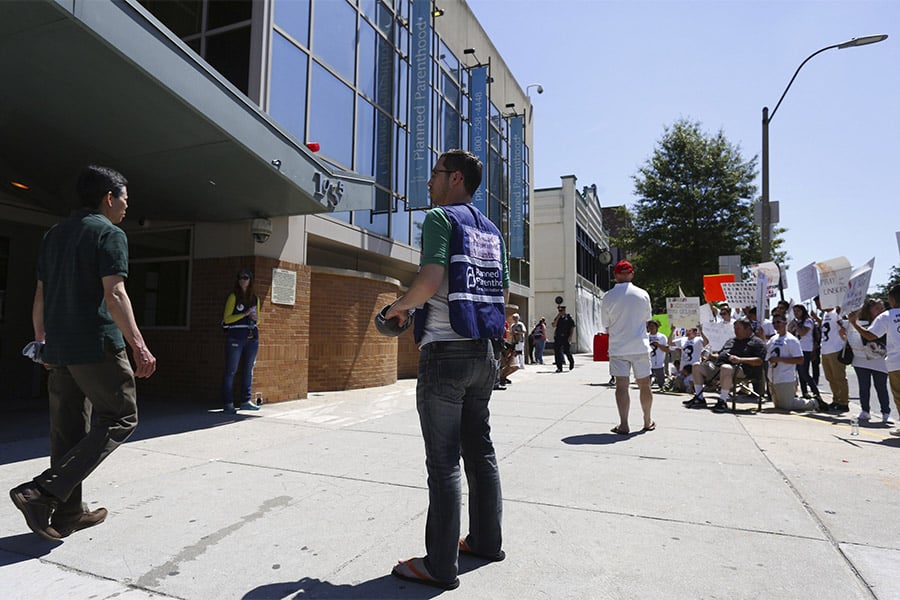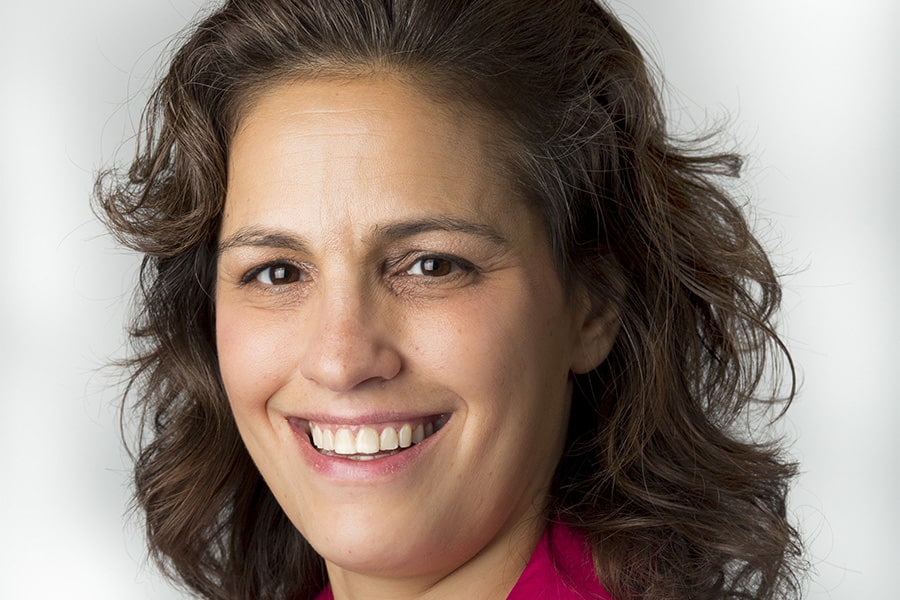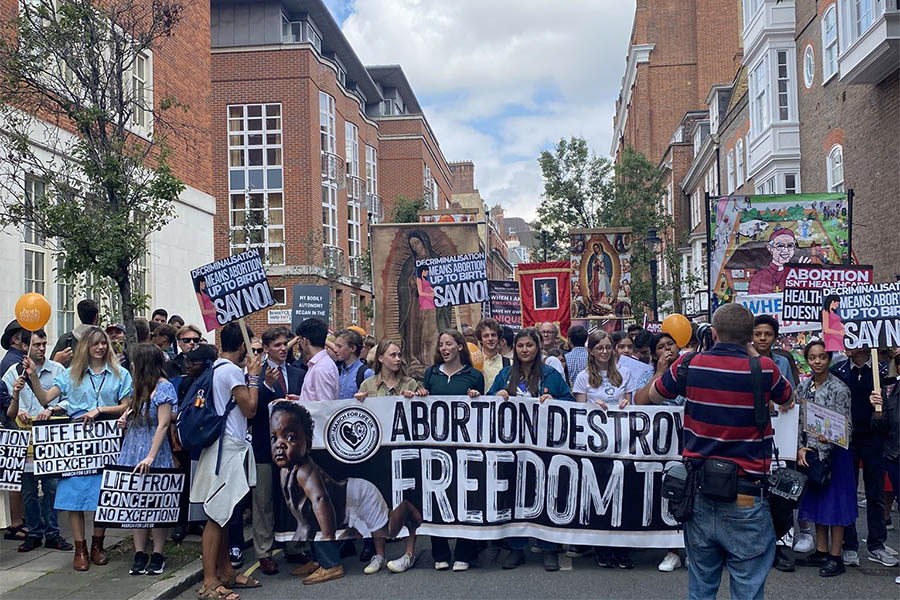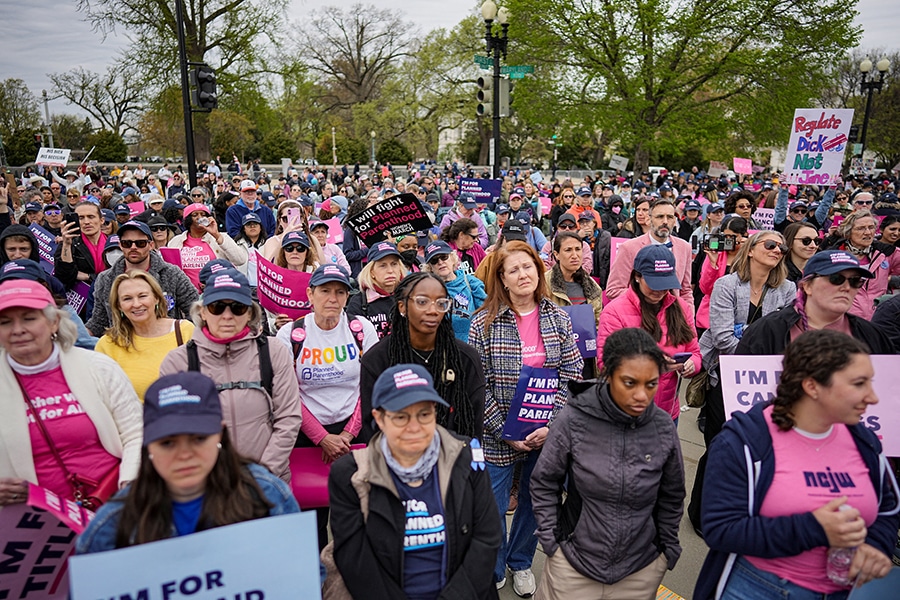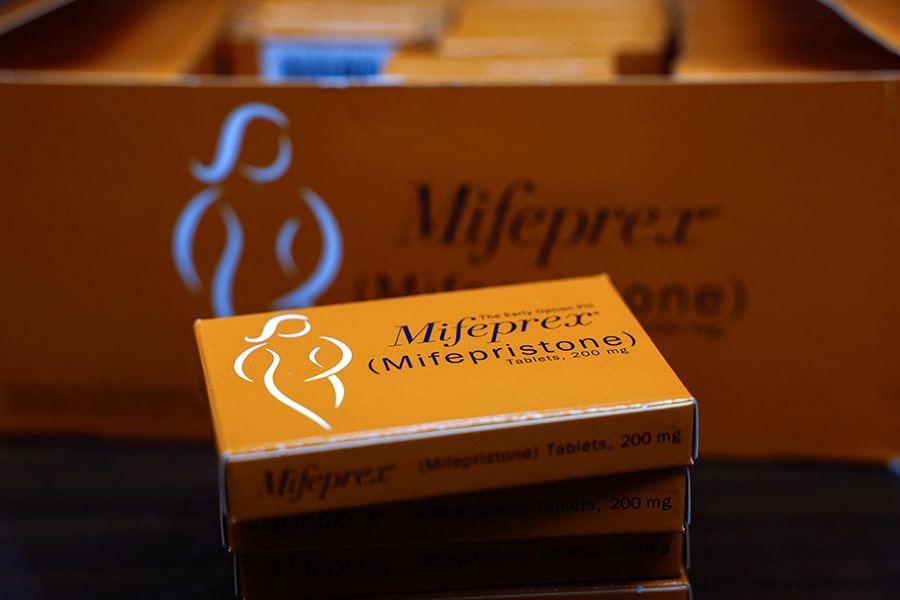
WASHINGTON (CNS) — The U.S. Supreme Court said in a May 17 order that it will hear oral arguments during its next term on a 2018 Mississippi abortion law banning most abortions after 15 weeks of pregnancy.
The case is Dobbs v. Jackson Women’s Health Organization. The court’s term opens in October and a decision is expected by June 2022.
Just after then-Mississippi Gov. Phil Bryant signed the law March 19, 2018, a federal judge blocked it temporarily from taking effect after the state’s only abortion clinic filed suit, saying it is unconstitutional. The U.S. Court of Appeals for the Fifth Circuit upheld the block on the law.
In commending Bryant for his signature, the state’s Catholic bishops, Bishop Joseph R. Kopacz of Jackson and Bishop Louis F. Kihneman III of Biloxi, said: “(We) wish to reaffirm the sacredness of human life from conception until natural death. With Pope St. John Paul II, we recognize abortion as ‘a most serious wound inflicted on society and its culture by the very people who ought to be society’s promoters and defenders.'”
In 2020, the Jackson and Biloxi dioceses filed a friend-of-the-court brief in support of Mississippi Attorney General Lynn Fitch’s petition to the Supreme Court asking it to review the 5th Circuit’s ruling prohibiting the state from enforcing the law.
The high court should clarify current law on abortion “in light of a state’s interests in protecting the sanctity of life,” the dioceses’ brief said.
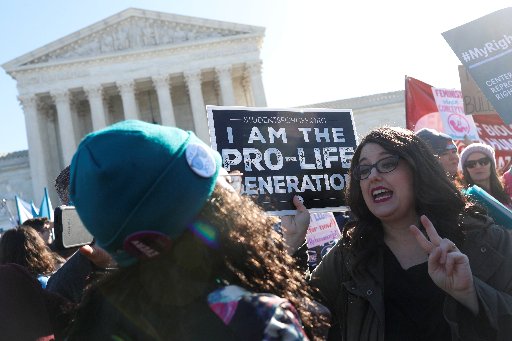
A number of states have passed laws restricting abortion that have been challenged in court by supporters of legal abortion. Pro-life advocates have been hoping one or more of those laws would be taken up by the Supreme Court as a way to challenge 1973’s Roe v. Wade decision legalizing abortion.
The Mississippi case will be the first abortion case the court will consider since the Oct. 26, 2020, confirmation to the court of now-Justice Amy Coney Barrett, President Donald Trump’s third pick for the court. His first two picks, Justices Brett Kavanaugh and Neil Gorsuch, were on the court when it took up its first major abortion decision since they were confirmed.
The case was a Louisiana law requiring abortion providers to have admitting privileges at local hospitals.
The court struck it down as unconstitutional in a 5-4 ruling. Chief Justice John Roberts joined Justices Stephen Breyer, Sonia Sotomayor, Elena Kagan and Ruth Bader Ginsburg in knocking down the law. Kavanaugh and Gorsuch joined Justices Samuel Alito and Clarence Thomas in upholding the law.
Pro-life advocates were pleased with the court’s decision to take this case.
“We applaud the U.S. Supreme Court for examining the Mississippi law,” said Carol Tobias, president of National Right to Life, who stressed that so much more is known now about viability with advanced technology.
Eric Scheidler, executive director of the Pro-Life Action League based in Chicago, said many activists see this as “an opportunity for the high court to overturn Roe v. Wade” or at the very least to “bring abortion policy in the United States in line with rest of the world, where abortion is strictly limited after 12-15 weeks.”
Similarly, Jeanne Mancini, president of March for Life, said the United States “is one of only seven countries — including China and North Korea — that allows abortions through all nine months of pregnancy.”

“An overwhelming majority of Americans agree that this goes way too far,” she said. “In fact 70% think abortion should be limited to — at most — the first three months of pregnancy.”
In a May 17 statement she added: “States should be allowed to craft laws that are in line with both public opinion on this issue as well as basic human compassion, instead of the extreme policy that Roe imposed.”
Thomas Olp, vice president and senior counsel for the Thomas More Society, a nonprofit national public interest law firm, said his firm, on behalf of Illinois Right to Life, has “argued against the now long-outdated science behind Roe v. Wade and urged the court to uphold the subsequent 14th Amendment rights due the preborn.”
Activists were not the only ones to respond in favor of the court taking the case.
Sen. Steve Daines, R-Mont., chair of the new Senate pro-life caucus, tweeted May 17 that he was encouraged the court decided to hear it.
“There is no constitutional right to abortion, yet for nearly 50 years since Roe v. Wade was wrongly decided, more than 62 million children have been the tragic victims of abortion. It is long past time for the Supreme Court to right this wrong,” he said.
O. Carter Snead, law school professor at the University of Notre Dame, said the court agreeing to take this case “signals the possibility that it may finally end its failed and constitutionally unjustified experiment as the nation’s ad hoc abortion regulatory body of last resort.”
He said the court’s “tortured reading of the Constitution has undermined the rule of law, broken our electoral politics and resulted in a staggering number of lives lost. It is time once and for all for the Supreme Court to return to its role as faithful interpreter of the Constitution and to repair the damage it caused years ago.”
The same day the U.S. Supreme Court announced it will hear the Mississippi appeal, it dismissed suits against a Trump administration Title X policy. That policy enforced an existing Title X ban on family planning funds being used for abortion or abortion referrals. May 17 also was the final day for public comment on the Biden administration’s proposed rule to end the Trump policy known as the “Protect Life Rule.”
Under the Biden proposal, Title X funds could again be used by health care services for low-income patients to perform abortions or to refer patients to abortion providers. A May 3 letter to the court from the Office of the Solicitor General said the U.S. Department of Health and Human Services expects to announce the final Title X rule in December.
According to representatives of pro-life groups, this revision process has been rushed and the new rule as proposed would obliterate conscience rights. They made the comments at a May 17 online news conference hosted by the Ethics and Public Policy Center in Washington.
“From the start, Congress was very clear that none of these funds be used to fund abortion,” said Valerie Huber, a former acting deputy assistant secretary in the HHS Office of Population Affairs. “When Congress mandates something, HHS has neither the authority or freedom to choose what to ignore.”
Also see
Copyright © 2021 Catholic News Service/U.S. Conference of Catholic Bishops
